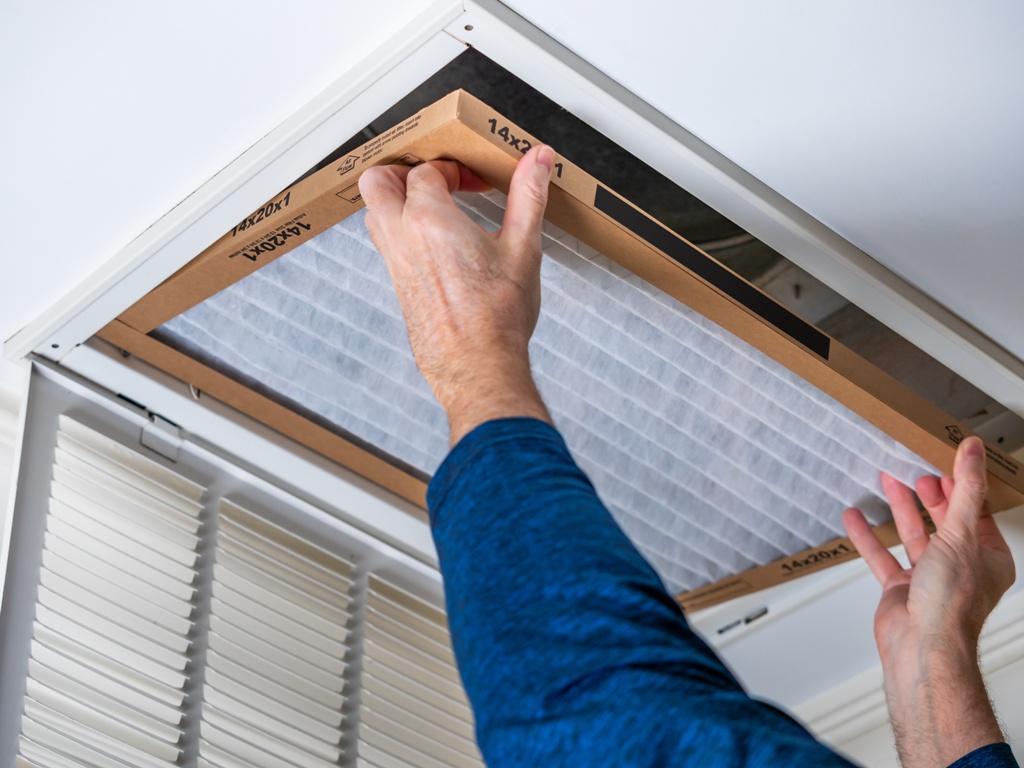An HVAC (heating, ventilation, and air conditioning) system is an essential part of a home. It’s a long-term investment and selecting the right one calls for making an informed decision. Take your time to familiarize yourself with the nitty-gritty of picking a suitable HVAC unit. The right HVAC unit should meet the heating and cooling needs of your home without breaking your bank. You can find such cooling systems at package terminal air conditioner (PTAC). Don’t drown in the number of overwhelming options. Here are some tips to guide you in picking the ideal HVAC unit for your home.
1. Evaluate Your Heating And Cooling Needs
Assess the space in your home that needs heating and cooling before you acquire a new HVAC system. It may be easier if you’ve been living in the same home for some time because then you can rely on previous reports on your HVAC requirements. However, if you’ve just moved into a new house, you need to go through the entire home to estimate the HVAC requirements. Be careful when dealing with a tiny home or cabin to avoid overestimation of cooling requirements. With a comprehensive report, you’ll have a glimpse of the prospective HVAC unit in mind.
2. Explore Your Options
Familiarize yourself with the various types of air conditioners in the market. The most common are portable units, window units, and central units.
-
Central HVAC Units
A central unit HVAC serves all your home heating and cooling needs from a common point. The system uses a central cooling unit and a framework of ducts to cool different areas of your home. It’s the most energy-efficient option. However, it needs significant initial capital investment. You have the assurance of keeping your home comfy with this choice.
-
Window HVAC Units
As the name suggests, you place window units near your window. They pump in the cool fresh air as they pump out hot air. Window units are cheaper and a great option for a single room where you mount the unit.
-
Portable HVAC Units
You can move a portable unit from one room to another in your house. You can, however, place a duct in a nearby window and still move with your unit within the rooms at home. The efficiency of these small-sized cooling machines is lower than the other unit options. However, they can be ideal in limited space, especially where you only need cooling for a given part in your home.
3. Plan Your Budget
Keep in mind short-term and long-term costs. Short-term costs encompass the cost of buying and installing your desired unit. Long-term costs spread through the life of the HVAC unit. These costs include service costs, the costs of repair and maintenance, and recurrent utility costs. Spending generously in the initial costs can help you save more in the long run. Efficient units have higher initial costs with long-term benefits. They can keep you off frequent repairs, save you on utility bills by reducing your monthly expenditures, and serve you for long.
4. Get The Right HVAC Size
To avoid costly decisions, you can engage a quality HVAC contractor to help determine the most appropriate size of a cooling system for your home. If you install an oversized unit, you may encounter frequent short-cycling, which can reduce the cooling system’s efficiency. It can also be costly for you to maintain. An undersized unit is even more unfavorable – you’ll struggle with an unbalanced humid environment in your home. An HVAC contractor will calculate the load capacity and get you an HVAC unit-size that’ll give you optimal performance. The right HVAC can help you minimize the occurrence of common air conditioner problems.

5. Check On Efficiency
The quickest way to determine the efficiency of an HVAC unit is to examine its energy ratings. Each rating has an impact on the effectiveness of heating and cooling your home. Here the three most common types of HVAC unit ratings.
- Average Fuel Utilization Efficiency (AFUE): AFUE gives the percentage measures of the efficacy of furnaces running on oil and gas. Efficient furnaces yield about 78%, whereas the most effective ones yield 98%. These numbers indicate the amount of fuel that the system converts into heat. The missing percentage indicates lost fuel.
- Seasonal Energy Efficiency Ratio (SEER): SEER gauges efficiency in heat pumps and air conditioners. Units with a higher SEER rating consume less energy and are friendly to the environment. Good SEER ratings range between 13 and 30, whereas most energy star systems have 14 as the minimum rating.
- Heating Seasonal Performance Factor (HSPF): HSPF measure energy efficiency in heat pumps. Heat pumps with higher HSPF ratings are more efficient, with less energy consumption. Look for heat pumps with a rating above 13 for maximum efficiency. Also, 8.2 is the minimum rating for heat pumps with an energy star rating.
6. Find A Reputable Seller
Reputable sellers offer transparent deals and value for money. They’ll be brutally honest and give you the facts about the HVAC units you may have in mind. They can also give you the best recommendation from the latest models. Sometimes you can find a better deal within your budget than the one you planned.
Conclusion
The first step in selecting the right HVAC unit is to assess your heating and cooling needs at home. Explore options of the air conditioning units available. Fix your budget and engage a quality HVAC contractor to select the right size of the HVAC unit for your home. Check the energy ratings of the available options, pick the one with most efficiency within your budget, and proceed to buy it from a reputable seller.






